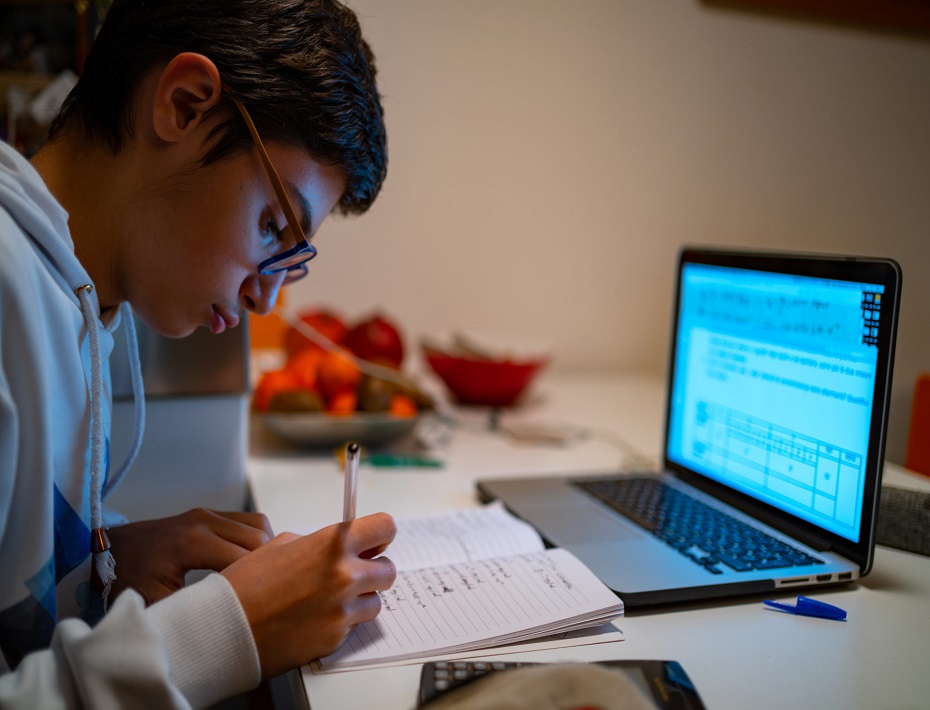
In today’s rapidly evolving educational landscape, traditional textbook-based learning is giving way to a more dynamic and engaging approach known as experiential learning. This paradigm shift is particularly pronounced in Indian virtual schools, where educators are harnessing the power of technology and real-world experiences to create a more immersive and effective learning environment for students. In this article, we’ll explore the concept of experiential learning, its benefits, challenges, and its transformative impact on education in Indian virtual schools.
Introduction: The Evolution of Learning in Virtual Schools
Virtual schools in India have undergone a remarkable transformation in recent years. From being seen as a supplementary form of education, they have become legitimate and robust platforms for learning. One of the most significant developments in this evolution is the integration of experiential learning, which goes beyond the confines of traditional textbooks and empowers students with practical knowledge.
Understanding Experiential Learning
Experiential learning is an immersive pedagogical approach that emphasizes hands-on experiences and direct engagement with the subject matter. It encourages students to actively participate, analyze, and reflect upon their learning, fostering a deeper understanding of the concepts.
The Benefits of Experiential Learning
Experiential learning offers a plethora of benefits. It enhances critical thinking skills, encourages problem-solving abilities, and promotes creativity. Students exposed to real-world scenarios are better equipped to apply theoretical knowledge in practical situations, bridging the gap between classroom learning and real-life applications.
Challenges and Solutions
While experiential learning holds great promise, its implementation can be challenging. Limited resources, lack of proper training for educators, and resistance to change are common hurdles. To address these challenges, schools can invest in teacher development programs, collaborate with ed-tech companies, and create a supportive environment for experimentation.
Integrating Technology: A Catalyst for Experiential Learning
Technology acts as a catalyst in the experiential learning process. Virtual reality (VR), augmented reality (AR), and simulations enable students to explore environments that would otherwise be inaccessible. This integration adds an extra dimension to learning, making it engaging and memorable.
Real-World Applications in Indian Virtual Schools
Indian virtual schools are embracing experiential learning through various initiatives. History lessons come to life through virtual tours of historical sites, science concepts are reinforced through interactive experiments, and language skills are honed through virtual language immersion programs.
Empowering Teachers for Experiential Teaching
Teachers play a pivotal role in successful experiential learning. Training programs that familiarize educators with the latest technologies and methodologies can empower them to design immersive learning experiences that captivate students’ attention and drive learning outcomes.
Student-Centric Approach: Nurturing Curiosity and Exploration
Experiential learning places students at the center of the learning process. It encourages them to ask questions, explore topics of interest, and take ownership of their education. This approach nurtures a love for learning and fosters a sense of curiosity that extends beyond the classroom.
Breaking Cultural Barriers through Experiential Learning
India’s diverse cultural landscape can be effectively addressed through experiential learning. By immersing students in different cultural contexts and perspectives, this approach promotes empathy, understanding, and a global outlook.
Assessing Experiential Learning: New Metrics for Success
Traditional assessment methods may not fully capture the impact of experiential learning. New metrics, such as real-world application of knowledge and skills, critical thinking, and adaptability, should be considered to evaluate the effectiveness of this approach.
Parental Involvement and Support
Experiential learning encourages parental involvement in the learning journey. Parents can participate in virtual field trips, collaborative projects, and discussions, strengthening the bond between home and school and enhancing the overall learning experience.
The Future of Learning: A Hybrid Model
The future of Indian virtual schools lies in a hybrid model that combines the best of both worlds – experiential learning and traditional pedagogy. This balanced approach leverages technology, real-world experiences, and personalized instruction to create well-rounded individuals.
Overcoming Infrastructure Challenges
While experiential learning relies heavily on technology, infrastructure limitations can pose challenges. Schools must collaborate with government bodies, private organizations, and communities to bridge the digital divide and ensure equitable access to experiential learning opportunities.
Sustainability and Scalability
To realize the full potential of experiential learning, it must be sustainable and scalable. Schools should focus on creating a culture of innovation, continuous improvement, and knowledge-sharing to ensure the longevity and widespread adoption of this transformative approach.
Conclusion
Experiential learning is revolutionizing the way education is delivered in Indian virtual schools. By moving beyond textbooks and embracing real-world experiences, educators are nurturing critical skills that students need to thrive in an ever-changing world. As technology continues to advance and pedagogical practices evolve, experiential learning will remain a cornerstone of education, empowering the next generation of leaders, thinkers, and innovators.
FAQs
How does experiential learning benefit students in virtual schools?
Experiential learning enhances critical thinking, problem-solving, and creativity by engaging students in hands-on experiences and practical applications.
What role do teachers play in experiential teaching?
Teachers play a crucial role in designing and facilitating immersive learning experiences that inspire and captivate students.
Can experiential learning bridge cultural gaps?
Yes, experiential learning exposes students to diverse cultural perspectives, promoting empathy and understanding.
How is technology integrated into experiential learning?
Technology such as VR, AR, and simulations creates interactive and memorable learning environments.
What does the future hold for Indian virtual schools?
The future entails a hybrid model that combines experiential learning with traditional pedagogy, fostering well-rounded individuals prepared for the challenges of the modern world.
